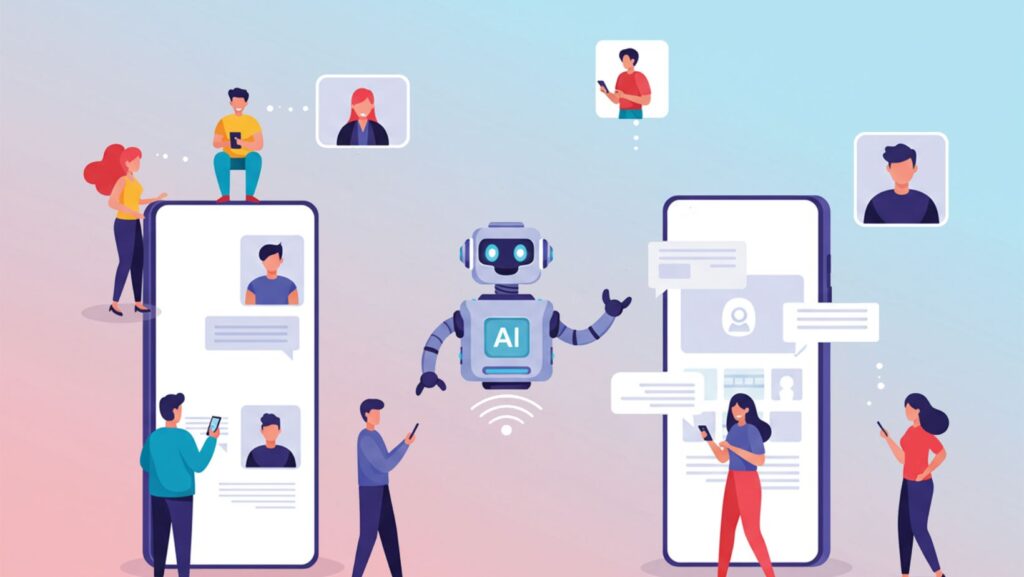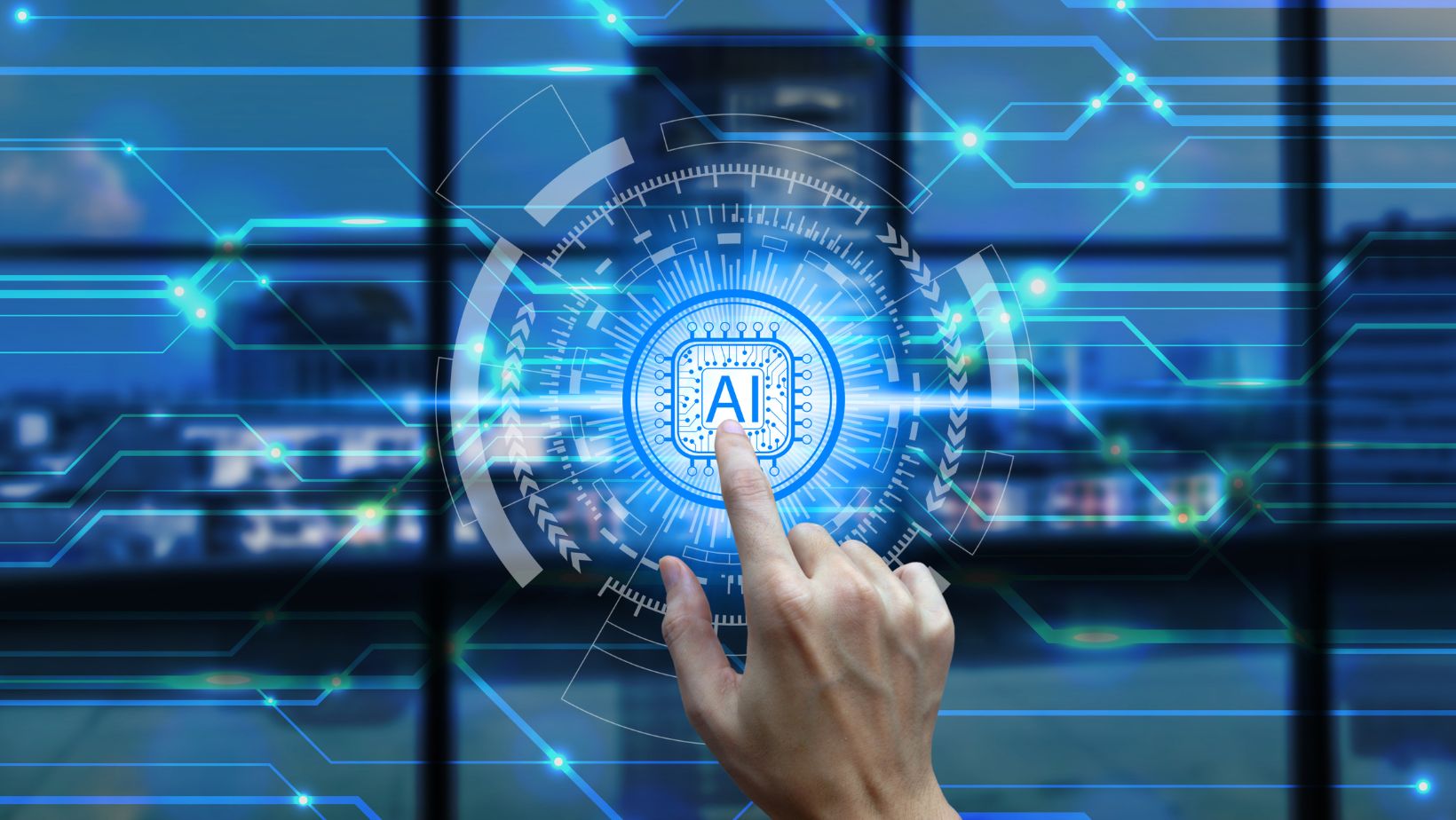A New Era of Digital Consciousness
We’ve entered a time where our realities — social, economic, and creative — are being reprogrammed by technology.
It’s not just about gadgets or apps anymore; it’s about how digital ecosystems redefine human experience.
From the rise of artificial intelligence to the decentralization of finance, our connection to the virtual world has become inseparable from our daily lives.
Technology is no longer a tool — it’s a space where identity, value, and creativity coexist.
Blockchain Beyond the Buzzword
Blockchain has evolved far beyond its early association with cryptocurrencies.
It now represents a philosophy of trust and transparency, a technological answer to the central question of the digital age:
“How can we build systems that don’t need permission to be fair?”
By recording data immutably and distributing control across networks, blockchain dismantles traditional hierarchies.
Banks, media corporations, even governments — all are being forced to rethink how they operate when transparency becomes the new norm.
But the true revolution isn’t just technical; it’s cultural.
It’s about giving power back to users — and enabling a new kind of digital participation.
Artificial Intelligence: The Partner We Didn’t Expect
While blockchain decentralizes control, artificial intelligence personalizes experience.
It listens, learns, and predicts — sometimes better than we’d like to admit.
AI curates our feeds, translates languages in real time, and helps machines “understand” us.
Yet, AI is also sparking a deeper conversation:
What does creativity mean when algorithms compose music, paint portraits, and write poetry?
The digital revolution is no longer about efficiency; it’s about identity.
Who are we in a world where technology doesn’t just serve us — it imitates us?
The Rise of the Digital Economy
The global economy is quietly shifting its center of gravity from industry to interconnectivity.
Freelancers, gamers, investors, and creators form part of a borderless economy, powered by platforms that reward participation rather than ownership.
In this landscape, decentralized platforms are redefining how people interact, earn, and play.
They merge finance, entertainment, and community into single ecosystems — where users are both consumers and stakeholders.
One example is www.betfury.com.de, a platform built around blockchain-based engagement.
It reflects the new digital ethos: transparent, innovative, and community-driven.
Rather than simply offering a product, it creates an environment — one where technology becomes a shared experience, not a transaction.
Creativity in the Age of Code
Technology has democratized creation.
Anyone with a smartphone or laptop can now publish, design, and distribute to a global audience.
But this abundance has also created saturation — an ocean of voices, memes, and movements competing for attention.
The challenge for modern creators isn’t access; it’s authenticity.
Algorithms amplify trends, but humans crave meaning.
The future of creativity will depend on those who can merge emotion with innovation — who can make the digital feel human again.
The Human Factor in an Automated World
As machines become more intelligent, our humanity becomes more valuable.
Empathy, ethics, and storytelling are emerging as essential counterweights to automation.

In business, the most successful companies aren’t the ones with the most data — they’re the ones that understand emotion.
In culture, audiences are drawn not to perfection but to vulnerability, to stories that remind us we’re still human in a hyperconnected world.
The paradox of progress is that technology only matters when it amplifies empathy.
Our tools may evolve faster than we do, but their purpose remains timeless: to connect.
Web3 and the Decentralized Future
Web3 — the next evolution of the internet — is redefining digital ownership.
It’s not just about browsing or sharing anymore; it’s about participating and co-creating.
In the Web3 model, users can own digital assets, verify transactions, and earn value directly through their activity.
Artists mint NFTs, gamers trade tokens, and investors support projects without intermediaries.
The promise of Web3 isn’t a new internet; it’s a fairer one.
A network where creativity and participation translate into tangible rewards — where transparency replaces exploitation.
The Ethics of Innovation
As we rush into the future, innovation demands introspection.
Every algorithm, every data point, every blockchain ledger carries ethical weight.
Questions of privacy, sustainability, and accessibility are no longer optional; they define the credibility of progress.
Responsible innovation isn’t about limiting creativity — it’s about aligning it with purpose.
The technologies we create today will become the culture we inherit tomorrow.
Technology and the Art of Slowing Down
Ironically, the faster technology evolves, the more we crave slowness.
Mindfulness apps, digital detoxes, and minimalism movements are not rejections of technology but responses to it.
They remind us that progress without presence is just motion.
Modern life demands balance: the ability to unplug without disconnecting.
The future of digital well-being may depend less on what we build — and more on what we choose to pause.
A Future Shaped by Curiosity
Every generation faces its own technological turning point.
For ours, it’s not just about inventing the next big thing; it’s about understanding what those inventions mean.
The lines between real and virtual, human and machine, local and global — they’re all blurring.
But within that blur lies possibility: a chance to reimagine how we create, collaborate, and connect.
The digital renaissance isn’t coming; it’s already here.
And like all renaissances, it’s less about machines — and more about what humanity chooses to do with them.

